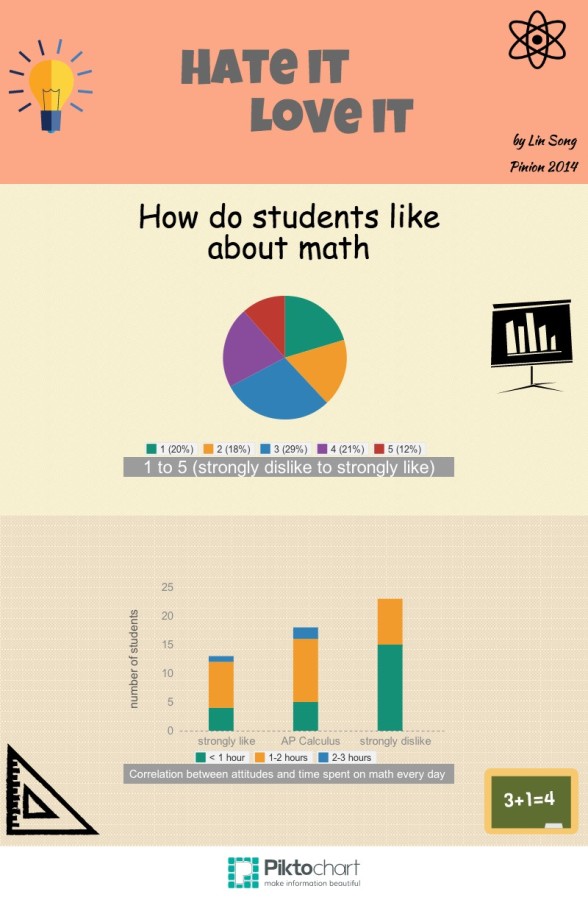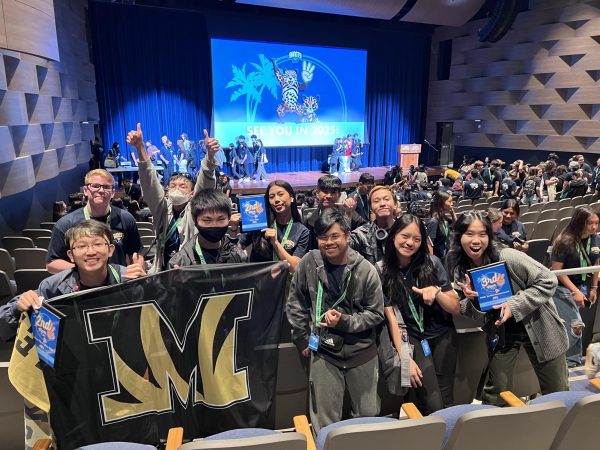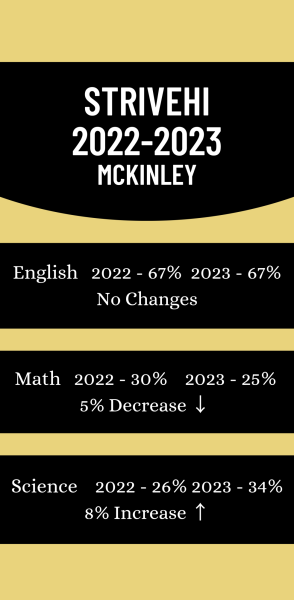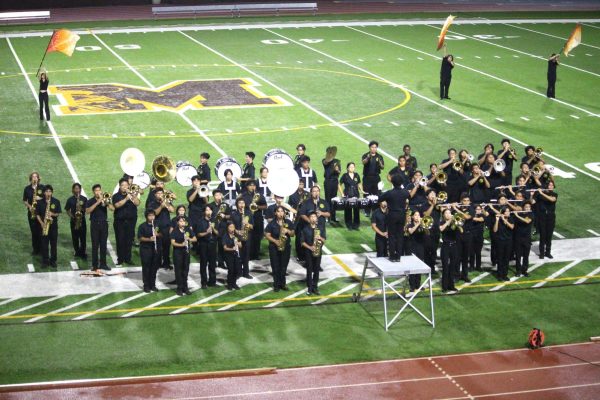Test scores show a correlation with students’ feelings towards math
August 21, 2014
“It’s interesting how it works.” This is the reason for senior Annie Dang’s fondness for math.
Dang took pre-calculus last year and has AP Calculus this year. Facing the stress of higher level math, she said the first test this year for calculus was really a dark time and made her even suspect her math ability, but “the only way is to work harder.”
However, not all students like math as Dang does. A survey was taken at McKinley High School this August about students’ opinions of math. There were 131 students from different math classes and grade levels who took the survey. With a range from one to five (strongly dislike to strongly like), 20.35 percent of the total respondents chose one, 29.2 percent of them chose three, and 11.5 percent of the all chose five.
Most students who chose one or two wrote their reasons as “It is so hard.” In the 2013-2014 Hawaii Student Assessment, 59 percent of isle students tested proficient in math for the 2013-14 school year, down from 60 percent the year before, the state Department of Education announced August 25.
Only 42 percent of the students in McKinley High School passed the math test while it was 49 percent the year before, according to Lisa Panquites.
“I think math is too hard and sometimes frustrated to solve the problems,” senior Baby Manu said.
Math teacher Jon Furukawa said, “It’s a challenge.”
It is true that math is challenging but there are ways to improve the math performance.
“I think a lot of students just shy away from doing the work,” Furukawa said. “Actually, if they do the work, set down and study, they will get a lot better at it. Teachers call it instant gratification, and that is what’s holding a lot of students back right now.”
He said nowadays with technology, everything is so convenient that when facing math problems people want the answer instantaneously. Patience and courage to take the challenges are necessary.
Attitude also means a lot. 65.2 percent of the students who chose “strongly dislike” spend less than one hour working on math assignments every day. 30.8 percent of those who “strongly like” math and 27.8 percent for the students in AP Calculus class spend that same amount of time studying math every day. The percentage for students who spend one-two hours learning math daily are separately 34.8 percent, 61.5 percent and 61.1 percent for “strongly dislike”, ”strongly like” and AP Calculus class. Comparing the statistic (which is shown in the graph), those who like math as well as those who are good at it spend more time studying this subject.
How students feel about one subject can affect the time and they spend on it. A person who keeps thinking “I hate math” can only lead to an awful cycle that poor performance continues. There was one student who was neutral in the survey and the reason was “I need this as a requirement for life.” At least, math credit is necessary for graduation.
Math teacher Maude Furuya emphasized the point that students should “take advantage of tiger time.” She also suggested students “practice more and ask for help.”
Math team member Lawrence Kwok said, “No matter how hard you learn, you will never learn enough about math.”
Challenges are always on the road, a person can choose to hate them or love them.














